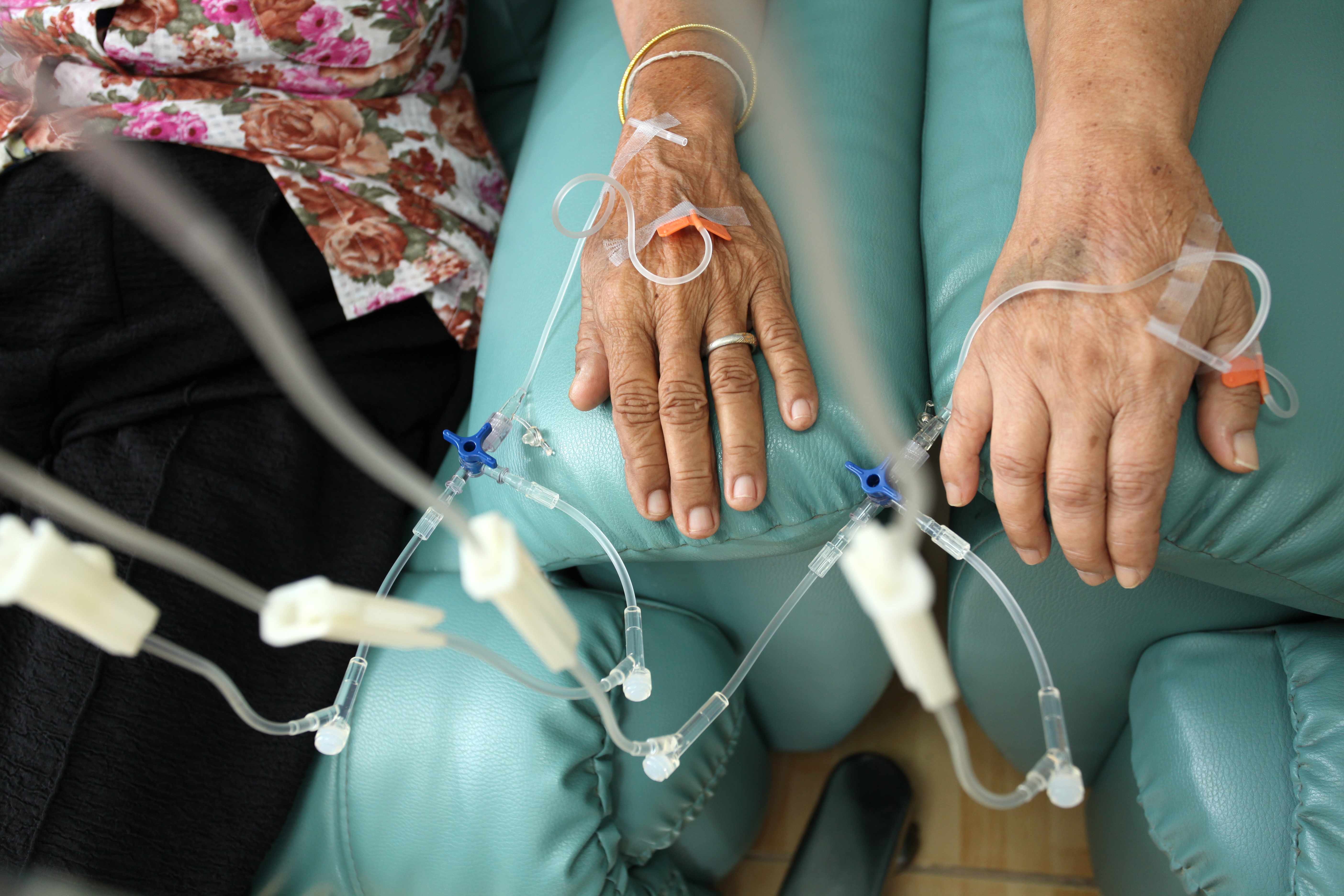
Multiple myeloma is a cancer of the plasma cells that reside inside bone marrow. Plasma cells produce certain proteins that build up the immune system. In abnormal quantities, these proteins damage the body and compromise the immune system.
Historically, patients with multiple myeloma did not survive more than a couple of years after diagnosis. Now, patients with this type of cancer are living more than three times as long thanks to new, more effective treatments.
“We are now able to diagnose and treat myeloma earlier, before it starts damaging the body, so that it may be controlled effectively and any irreversible damage to the body may be delayed significantly,” says Dr. Sikander Ailawadhi, a hematologist/oncologist at Mayo Clinic Cancer Center in Jacksonville, Florida.
In 2015, within a span of two weeks, the U.S. Food and Drug Administration approved three new drugs to treat multiple myeloma.
MEDIA CONTACT: Cindy Weiss, Mayo Clinic Public Affairs, 507-284-5005, newsbureau@mayo.edu
“It was unprecedented to have these drugs approved within such a short span of time for the treatment of a disease which is considered incurable,” says Dr. Ailawadhi. But, with the excellent treatment options now available – and centers that specialize in the treatment of this condition – he adds most patients can achieve remission and have had an improvement in survival.
“We can almost guarantee some degree of response to every single patient who walks through the doors for treatment with newly diagnosed myeloma,” he adds.
“Some of the most exciting things are the development of new drugs,” explains Dr. Ailawadhi. “Specifically, using currently available drugs to see what drives resistance of the myeloma cells, isolating those pathways and then developing new drugs that can specifically target those resistance mechanisms.”
More drugs are on the horizon, Dr. Ailawadhi says, noting that there are many active clinical trials available to patients through the Hematologic Malignancies Program, which conducts blood and bone marrow cancer research.
Currently, there are more than 50 active clinical trials available at Mayo Clinic.







